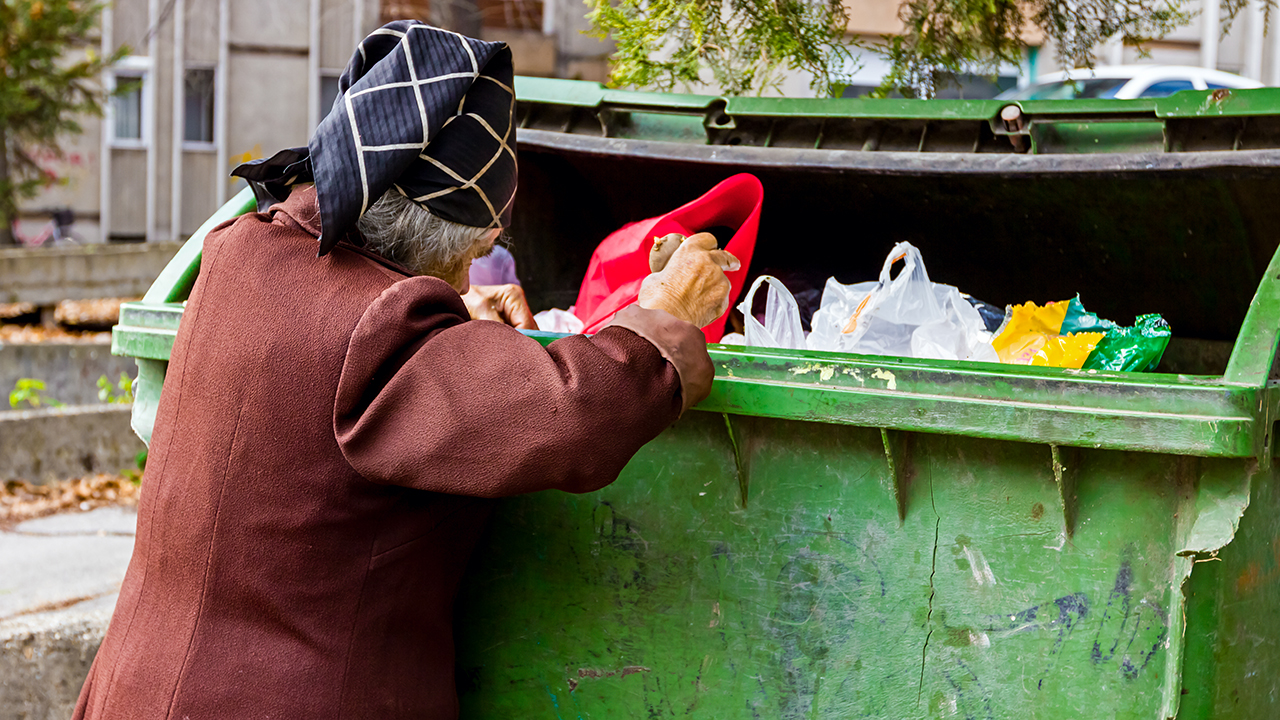A recent discovery by a dumpster diver has shone a spotlight on the alarming amount of electronic waste generated by retailers. The diver found dozens of brand-new phone and iPad accessories tossed aside in a bin, prompting criticism of the retail industry for contributing to this growing environmental issue.
Discovery Sparks Discussion

The diver shared their find in a post on Reddit’s r/mildlyinfuriating, showcasing two boxes filled with phone cases, iPad cases, and memory cards. The post quickly gained traction, with users expressing both amazement at the haul and concern over the wastefulness of businesses. “The amount of things that just get thrown away lately is crazy,” the dumpster diver remarked, highlighting a problem that many consumers and environmentalists are increasingly concerned about.
The conversation around the post revealed differing opinions about retail practices. Some commenters argued it was unusual for stores to discard sellable products. A former employee of Best Buy noted that overstock items would typically be sent to other locations for sale rather than being discarded. However, others pointed out that stories of significant finds in dumpsters have become commonplace. “You should see what Webstaurant does on a daily [basis],” one user commented, reflecting a broader sentiment among those who frequently follow or participate in dumpster diving.
Understanding the Waste Cycle

This incident raises important questions about the interconnectedness of consumer habits, retail strategies, and environmental consequences. Although electronic waste is often discussed in the context of planned obsolescence—where manufacturers intentionally design products with a limited lifespan—this case emphasizes a larger systemic issue: how retail practices contribute to waste cycles.
According to estimates from the Environmental Protection Agency (EPA), Americans discard approximately 416,000 mobile phones every day. The situation appears even more severe when considering phone cases, with global estimates suggesting that around 1.5 billion cases are thrown away each year. This overwhelming volume of waste not only represents lost economic value but also poses serious environmental risks. The plastic and heavy metals from these discarded products can leach into landfills and contaminate local communities.
Retail Practices Under Scrutiny

So why do retailers choose to discard perfectly usable accessories? One likely reason is inventory management. Retailers may opt to dispose of surplus stock to make room for new inventory, as trends shift rapidly in the tech industry. Many consumers treat phone cases as fashion accessories, frequently changing them based on current styles rather than need.
Additionally, some accessories may no longer be compatible with the latest devices, rendering them obsolete. As one Redditor pointed out, “Cellphone cases are extremely wasteful. What’s the point of marking down or giving away accessories for products people don’t have anymore?” This highlights the issue of consumerism where companies prioritize new product launches over sustainable disposal methods.
Addressing Electronic Waste
To combat the mounting problem of electronic waste, consumers can take proactive steps. Purchasing the right phone case that offers protection for devices can significantly reduce the likelihood of electronics being replaced prematurely. Moreover, companies like Pela are beginning to lead the charge with eco-friendly alternatives. Pela produces stylish, fully compostable phone cases, offering consumers a more sustainable option for mobile accessories.
Another way individuals can contribute to reducing plastic use is by making mindful choices in their everyday lives. Simple actions such as bringing reusable bags to the grocery store or opting for long-lasting metal razors instead of single-use plastic ones can collectively make a significant impact.
Conclusion
The dumpster diver’s discovery serves as a stark reminder of the excessive waste generated by the retail sector and prompts necessary conversations about sustainability and responsible consumption.
